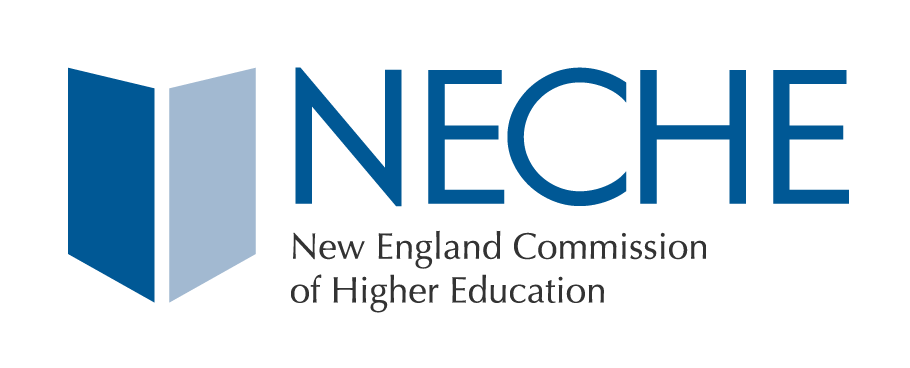Staff Review
Commission staff who do not have a conflict of interest in the matter (see Policy on Conflict of Interest), will review a complaint inquiry and respond within 30 working days of receipt (excluding weekends and holidays) on whether or not the complaint inquiry will be further reviewed by the Commission. As part of their review, Commission staff may share a complaint inquiry with the institution identified in the complaint to assess whether the complaint inquiry meets the criteria outlined in Commission’s policy, or to encourage the institution to address the inquiry directly with the complainant.
- If a complaint inquiry meets the ten criteria outlined above, is within the scope of Commission policies and jurisdiction, and is adequately documented, a copy of the complaint and supporting documentation is forwarded to the institution’s chief executive officer.
- The institution must provide a response within 30 working days (excluding weekends and holidays).
- The matter is then placed on the agenda of the next regularly scheduled
Commission meeting.
- If the complaint inquiry does not meet each of the ten criteria outlined above and/or is found to be not within the scope of Commission policies and/or jurisdiction, the complainant is informed. As applicable, staff may advise the complainant regarding the Commission’s standards, policies, and procedures and the complainant may revise and resubmit an updated complaint inquiry. Individuals with concerns that do not meet the criteria for complaints may be advised to submit a Public Comment. Otherwise, the matter is closed, and the complainant is notified.
- In the event a complainant revises or updates a complaint after it has been accepted, Commission staff will treat it as a new complaint inquiry and respond to the revised complaint within 30 working days (excluding weekends and holidays) in accordance with procedures for Staff Review above.
The Institution’s Response
If the institution acknowledges the complaint is valid, it must advise the Commission in writing of the actions taken to rectify the situation. Should the institution deny that the complaint is valid, it must provide the Commission with a written response indicating why it believes the allegations made are either untrue or do not represent a breach of the Commission’s Standards for Accreditation. Such a response should include supportive documentation where appropriate.
Once an institution has responded to a complaint, the Commission may request additional information from the complainant at any time during the complaint process.
Member institutions shall not take retaliatory action against an individual who has filed a complaint with the Commission, or against an individual who expresses concerns privately to the visiting team at the time of a comprehensive evaluation or other institutional visit. Allegations of retaliatory action will be reviewed by the Commission. If the Commission finds that an institution has taken any form of retaliatory action in response to the filing of a complaint, the Commission will treat such action as a violation of Standard 9 on Integrity, Transparency, and Public Disclosure and may take appropriate and necessary action.
The Commission’s Review and Decision
At its next regularly scheduled meeting, the Commission will consider the complaint and the institution’s response, and act as it deems appropriate. The Commission Chair, at their sole discretion, may call a special meeting to act on a complaint when it is believed to be in the public interest to do so. In keeping with the Commission’s Policy on Conflict of Interest, commissioners who have a conflict of interest with the complainant or institution will not participate in the complaint review and decision process.
The complainant and the institution are notified in writing of the Commission’s determination regarding the complaint within 30 days of the Commission meeting. The Commission’s decision is final.
Complaint materials and the Commission’s decision become part of the institution’s NECHE file. At the time of an institution’s comprehensive evaluation, if the Commission has received several complaints concerning the same matter during the last accreditation cycle, the Commission will provide the visiting team with a summary of those complaints and their disposition. The visiting team is then asked to confirm that the institution’s practice in the matter is in compliance with the Standards for Accreditation.

